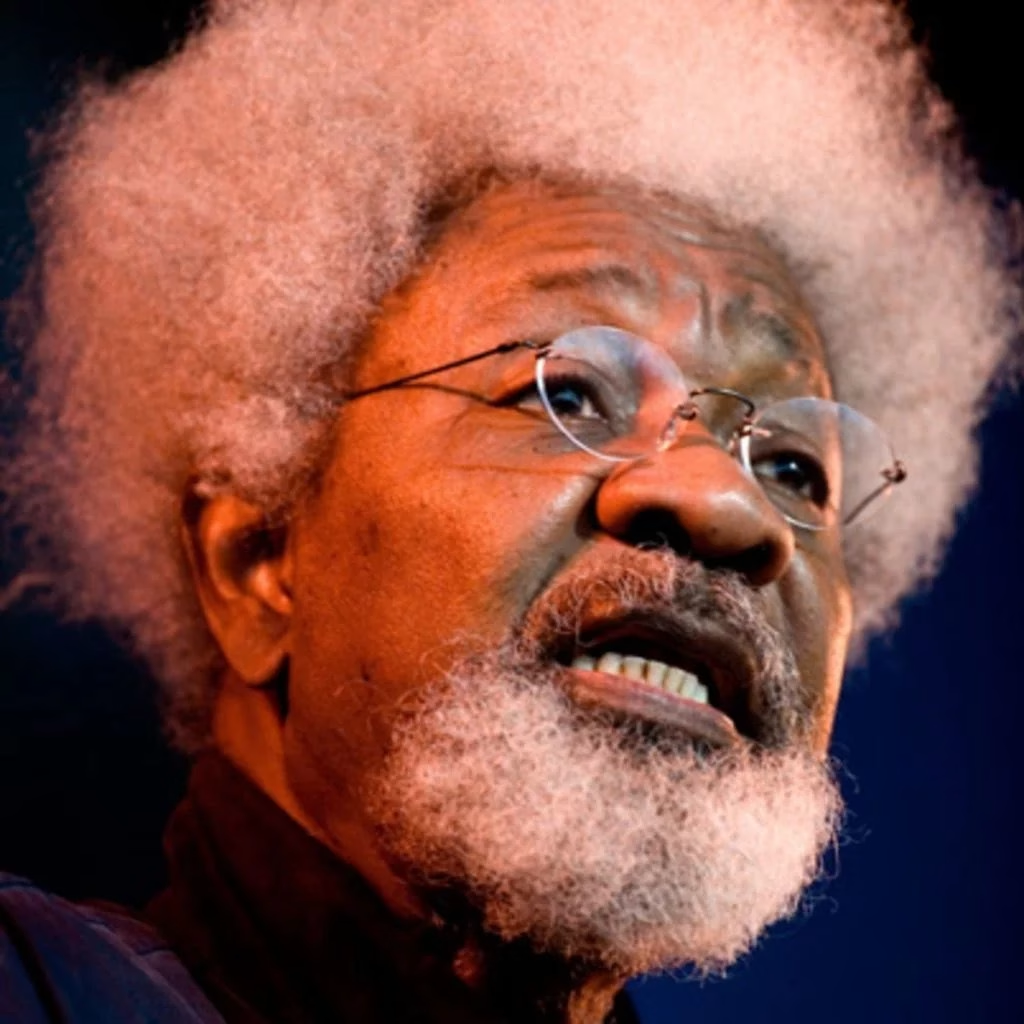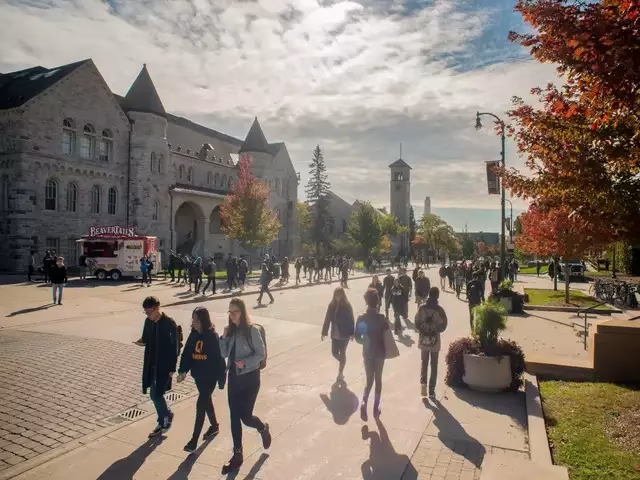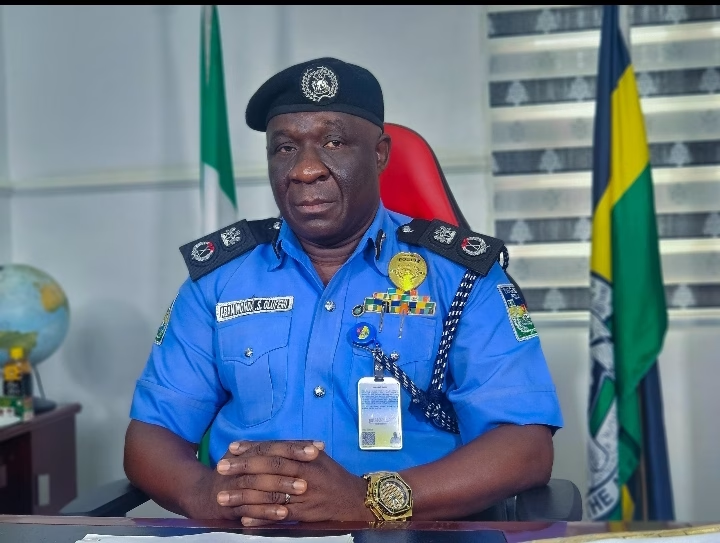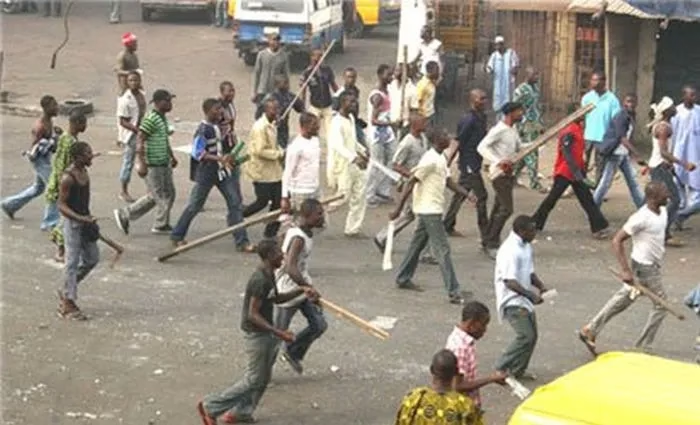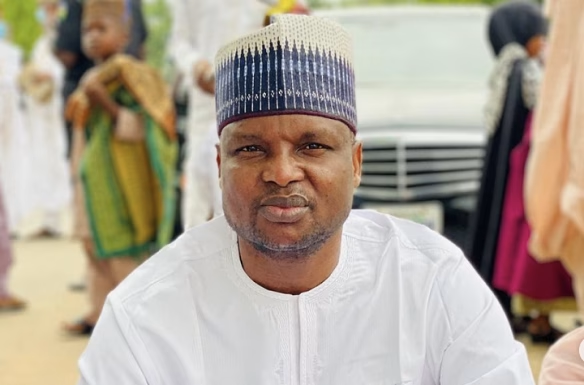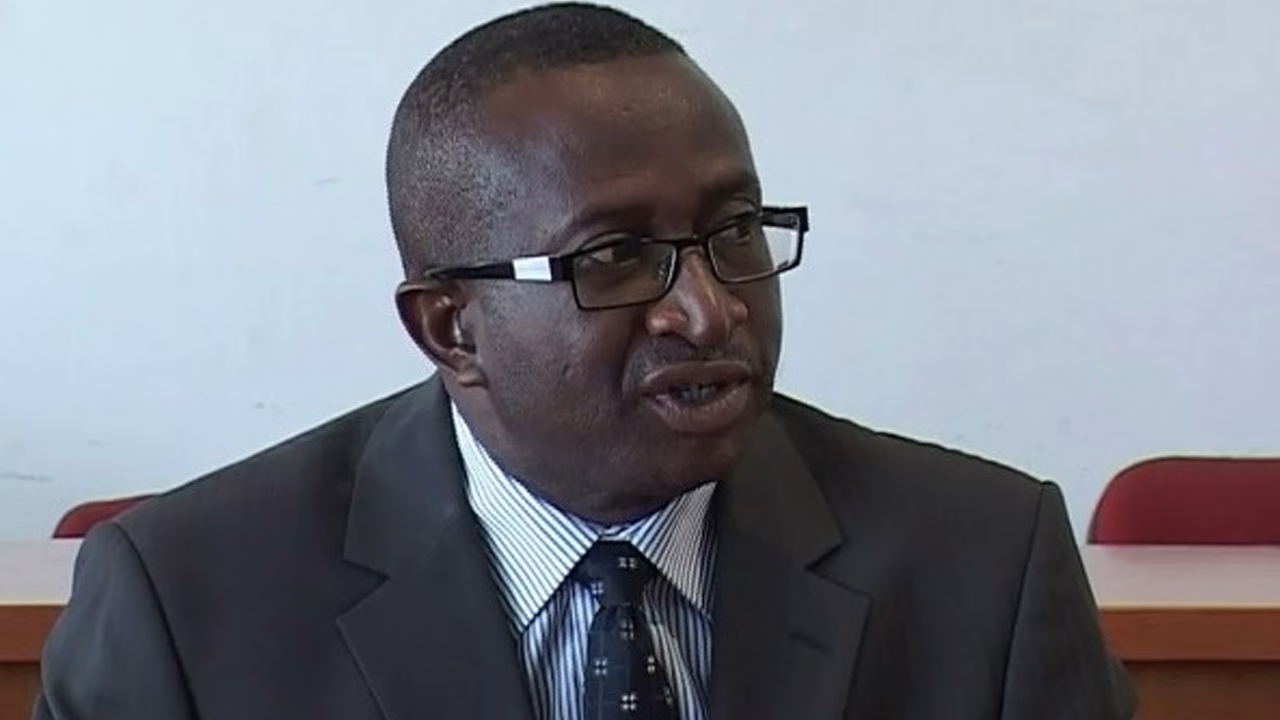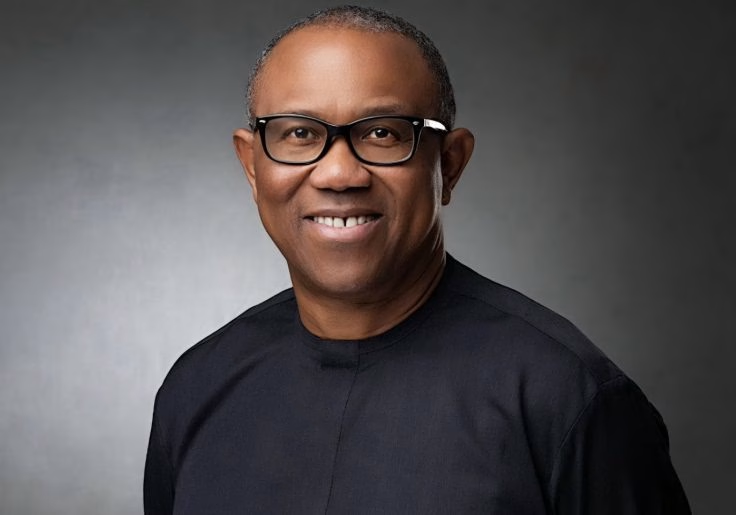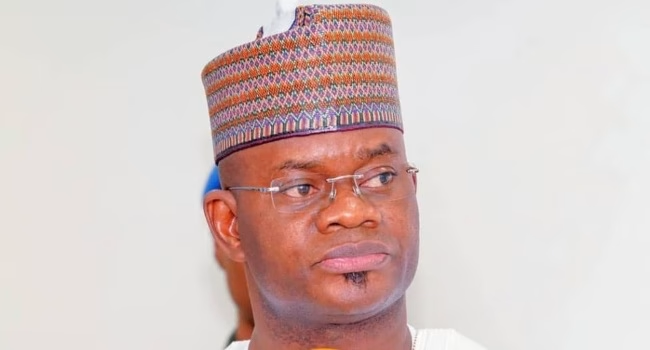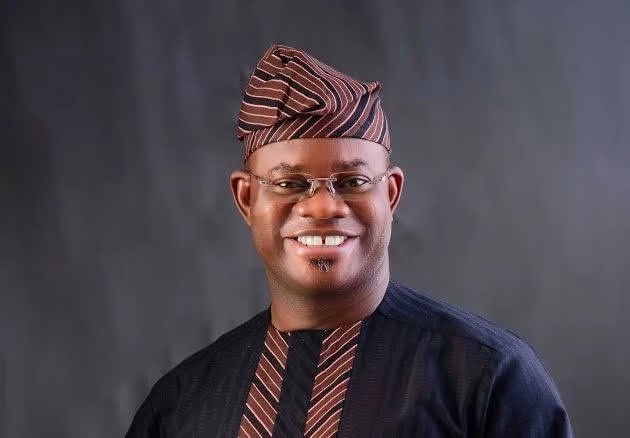By Khalid Jaafar
Africa’s famous novelist and renowned literary progenitor, Chinua Achebe, avails us of a very instructive proverb in his classic work, *Things Fall Apart.* Alluding to the proclivity of man for spontaneous arrogance and grandstanding at the onset of good fortune, the proverb under reference cautions that “those who had their palm nut cracked for them by a benevolent spirit, must learn to be humble.” Older generations of Nigerians and Africans who grew up in agrarian environments, where they accompanied their parents to farm, sure know the difference between the textures of the coverings of the groundnut and the palm nut. They know that whereas the former can be broken by the snap of the fingers, stones are usually summoned in the forest and administered to the rock-hard shell of the latter. That is how tough it can be and that is why Achebe reminds of the imperative for gratitude if cracking palm nuts suddenly become as effortless as crushing groundnuts.
It is within the context of this proverb that this piece intends to x-ray the unbridled greed and gluttony of Yahaya Bello, immediate past Governor of Kogi State, hitherto a nondescript quantity just about a decade ago, who was hoisted by fate to the dizzying heights of fame, fortune and power. Those who know the Yahaya Bello trajectory remember that he was a lowly civil servant on grade level 12 at the Revenue Mobilisation and Fiscal Allocation Commission, (RMFAC), just about a decade ago. He was reportedly disposed to living way beyond his legitimate remuneration, especially because he had an insatiable appetite for women, a pastime which required to be fiscally fed. It has been proferred that Bello came up with an ingenious rogue concept as desk officer covering some states for RMFAC, to collude with pliable state governors and local government chairmen, for the inflation of allocations to them from the federal government.
Bello it was said, would ensure that so much was added to the monthly average accruing to these subnationals. The difference above what should be the actual allocation, and the inflated figure, would subsequently be shared between the beneficiary subnational, and Yahaya Bello. It was through such underhand criminality, that he established *Fairplus Travel,* a private commercial transport company. Bello thus created the impression of an affluent young person, within such a short spell in the federal civil service, especially among his peers in Kogi Central, who saw him as having escaped grovelling poverty, prevalent in his parts. It is said that at this point, marabouts and psychics began to “prophesy” about Bello becoming Governor and ultimately, President.
How Bello a GL 12 civil servant was able to fund a gubernatorial primary in 2015 and emerge second beyond a respected veteran like the late Prince Abubakar Audu a two-term chief executive Kogi State should yet be interrogated by political analysts. It is on record, however, that in reaction to his failure at the governorship primary of the All Progressives Congress, (APC), Bello reached out to the candidate of the Peoples Democratic Party, (PDP), Captain Idris Wada, just before the gubernatorial election of November 2015, and aligned with his ambition. Bello reportedly received gratification to the tune of N100million at the time, to avail Wada of his political structure in Kogi Central, to thwart the prospects of his own party the APC, whose banner was being flown by Audu.
On the cusp of electoral triumph that November 2015, Audu tragically died. A combination of unprecedentedly novel permutations unimaginably threw up Yahaya Bello, a man who was not on the ballot, as “inheritor” of Audu’s votes! Audu’s running mate in that election, James Abiodun Faleke, the expected logical successor to the mandate of his principal, was jettisoned. Ten years after, that “precedencial” electoral intervention perpetrated under the watch of former President Muhammadu Buhari, its locus is yet to be located in the 1999 Constitution of the Federal Republic of Nigeria, pristine or as amended. It remains an unprecedented electoral theft. Factors have been adduced for dumping Faleke when it mattered most. These include the desire of the Buhari cabal to moderate the growing political influence of Bola Tinubu who was a major factor in the presidential emergence of Buhari, and the need to reduce to barest minimum the presence of Christians in Government Houses in Nigeria’s North.
It is common knowledge that Bello’s reelection in 2019 was a brazen debasement of democracy. Electoral officers in Bello’s Kogi Central were kidnapped by gunmen, herded to Bello’s Okene home and ordered to fill out result sheets at gunpoint. Elsewhere across the state, Bello’s foot soldiers led by his Chief of Staff who would later become his Deputy, Edward Onoja, led an armed onslaught against voters. Bello’s “feat” was loudly celebrated in a spontaneous musical track performed by a section of his supporters who hailed him for giving the *ta-ta-ta-ta-ta* treatment to those who attempted to stand in Bello’s way. That alliterative expression was in obvious reference to the open deployment of illicit arms and ammunition in securing Bello his second term.
Despite his arguably abysmally poor performance in his eight years at the helm, Bello deployed incumbency, state power and resources to reinvent himself via his successor, Ahmed Ododo. Bello it is said, had previously promised to support as his replacement, as many of his aides as sought his blessings. Ododo was reportedly favoured because Bello perceived him as unambitious and would be easy to boss around by a control freak like him, a scenario which has largely played out in nearly two years of Ododo’s regime. Ododo it is opined, is a different breed from the loud, largely infantile Bello. He’s unassuming, humble, humane. Some say he’s timid as Bello his benefactor runs Ododo’s government by proxy. It has been alleged that Bello indeed still resides in the Kogi State Government House, while the incumbent lives in a private residence within the precincts of the seat of government. He got him to reappoint and retain most of the key operatives from his eight year rule as commissioners, advisers and heads of agencies.
What many find utterly distasteful and totally disagreeable is that Bello is already plotting the 12 years of gubernatorial politics in Kogi State, after 2027. Bello is in a manic frenzy about getting a second term for Ododo. This explains the impulsive “endorsement rally” held in Lokoja Saturday October 18, 2025, beneath the veneer of flagging off the 2027 presidential reelection campaign for President Tinubu. The rally therefore, was not about genuine love for the President. If Ododo does get a second term and stays in office until 2031, Kogi Central would have produced governors for the state for 16 consecutive years this Fourth Republic. The venerable Alhaji Adamu Atta from the same homestead as Yahaya Bello, was Governor of the Old Kwara State in Nigeria’s Second Republic, between 1979 and 1983.
But Bello is said to be looking even beyond 2031 when Ododo will be concluding his second term if he does get it. Bello announced at a recorded meeting with some of his loyalists recently, that he will also produce Ododo’s successor! Attention has since turned to Ali Bello, Chief of Staff to Ododo, who is officially assumed to be Bello’s nephew but is rumoured to be his biological son. As a philandering secondary school student, Yahaya Bello is said to have fathered Ali Bello. Ali is presently answering questions about how billions of naira from the vaults of Kogi State were ferried to Abuja *bureau de changes* and converted into foreign exchange when his uncle/father was governor. This is the succession masterplan which Yahaya Bello has drawn up to keep Kogi State enslaved, suppressed, retarded and oppressed in the foreseeable future. Yet this is not about Bello’s affection for the state. He is decidedly maniacal about the retention of control over the resources of Kogi State, a matter of life and survival for him and his cohorts.
Beyond the political class, all perceptive, well-meaning people of Kogi State, irrespective of local government of origin, federal constituency or senatorial zone, must be very worried about the grim prospects of the privatisation of the state by the vaulting ambitions of a single individual. People must speak out, they must engage with those who are not as far-sighted about the mortally injurious political landmines which lie ahead. All right-thinkers must come together to rescue the otherwise promising state from the vice grip of Kogi State’s modern day “absolute monarch.” The time is now.
–
*Khalid Jaafar, a public analyst writes from Kuroko, Kogi Central, Kogi State*

